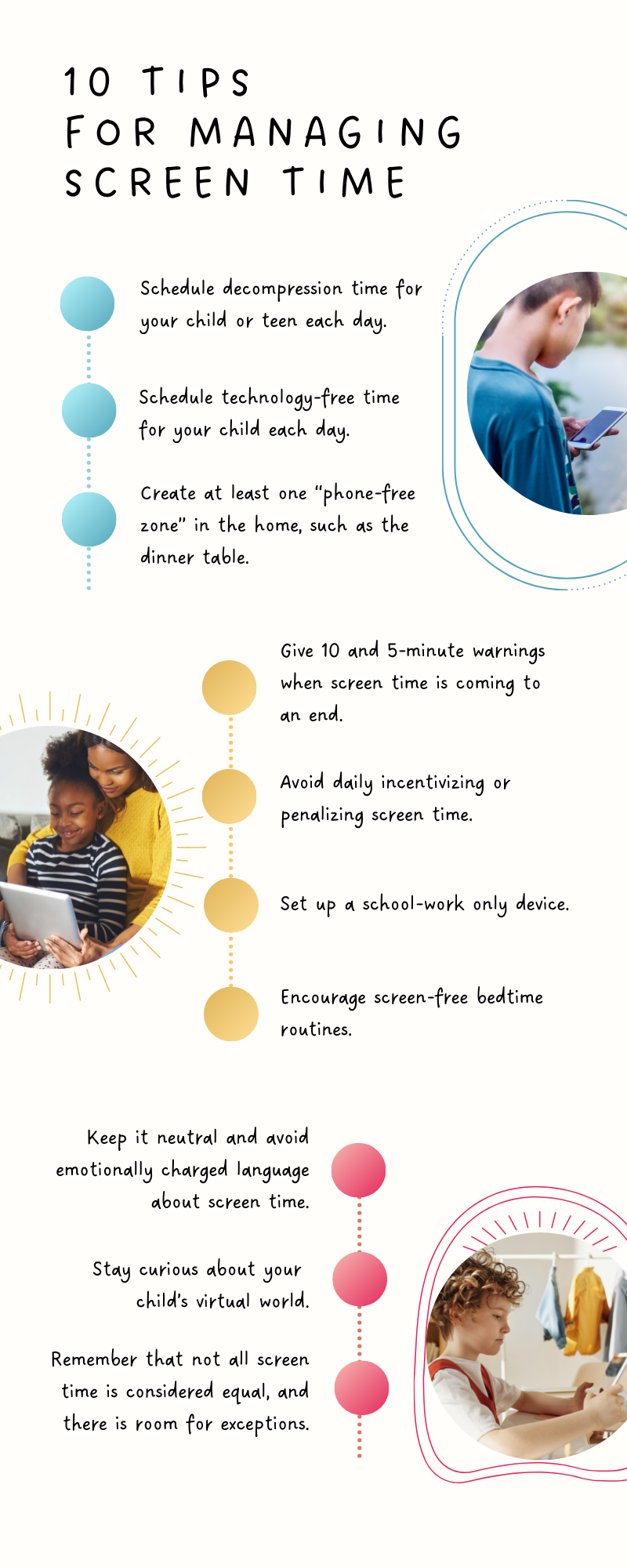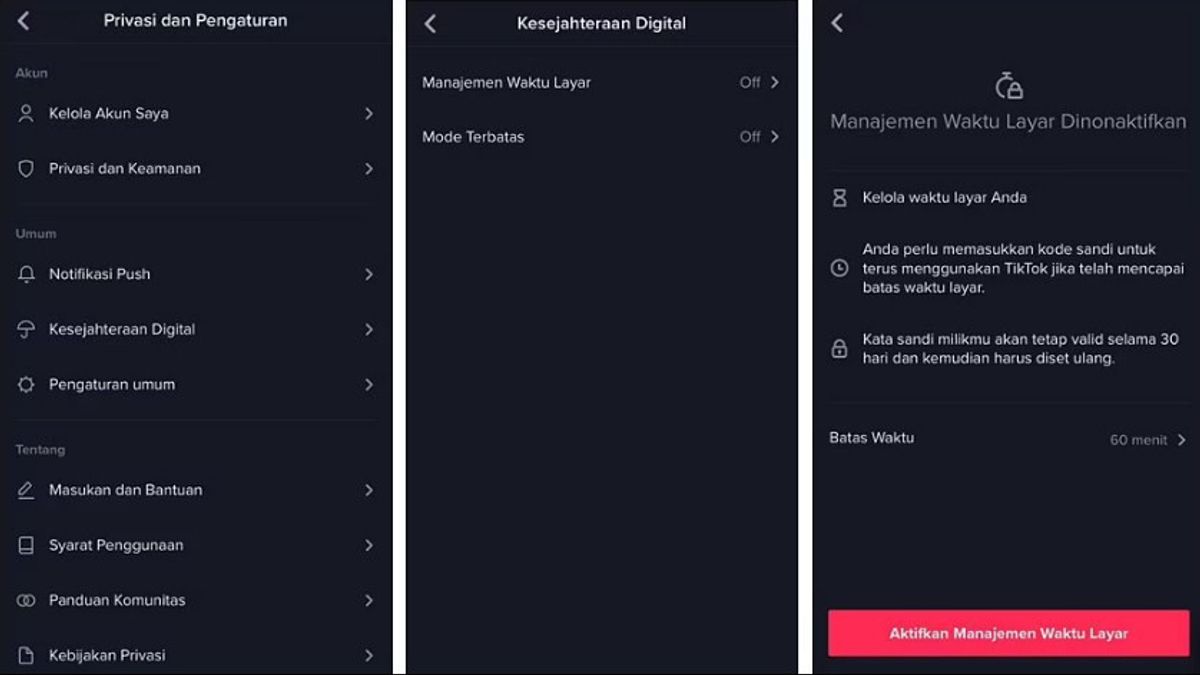The Growing Concern Over Screen Time
The digital age has irrevocably changed how teenagers spend their free time. Smartphones, tablets, computers, and gaming consoles are ubiquitous, offering endless entertainment and connection. While technology offers incredible opportunities for learning and socializing, the sheer amount of screen time many teens consume has raised significant concerns among parents, educators, and health professionals. Balancing the benefits of technology with the potential downsides is a challenge for families everywhere.
The Allure of the Digital World
It’s easy to understand why teens gravitate towards screens. Social media platforms connect them with friends and allow them to express themselves creatively. Online games offer engaging challenges and opportunities for collaboration. Streaming services provide access to a vast library of movies and TV shows. Educational apps and online resources offer convenient learning opportunities. For many teenagers, screens represent a significant part of their social lives, their entertainment, and even their education. The sheer variety and accessibility make it hard to resist.

The Potential Negative Impacts of Excessive Screen Time
However, excessive screen time can have detrimental effects on a teenager’s well-being. Studies have linked prolonged screen use to sleep disturbances, eye strain, and even physical health problems like obesity. From a mental health perspective, excessive social media use can contribute to anxiety, depression, and body image issues. Furthermore, constant exposure to screens can hinder the development of crucial social skills, as face-to-face interaction is replaced with virtual communication. The addictive nature of many apps and games can lead to neglecting schoolwork, extracurricular activities, and other important aspects of a well-rounded life.
Finding a Healthy Balance: Practical Strategies for Parents
Setting limits on screen time is crucial, but it’s not about simply imposing restrictions. Open communication is key. Parents should talk to their teenagers about the potential downsides of excessive screen use and work together to establish reasonable limits. This collaborative approach can make teens feel more involved and less resentful of the rules. Involving teenagers in creating a family media plan can foster a sense of responsibility and ownership. The plan should include specific screen time limits, designated screen-free times (like during meals and before bedtime), and clear consequences for exceeding the agreed-upon limits. Technology can actually help here – many devices offer parental controls that can assist in managing screen time.
Promoting Healthy Alternatives and Offline Activities
Limiting screen time isn’t just about saying “no.” It’s about offering appealing alternatives. Encourage participation in sports, clubs, or other extracurricular activities. Promote hobbies like reading, playing musical instruments, or engaging in arts and crafts. Family time is vital, so plan activities that involve everyone, such as board games, outdoor adventures, or simply engaging in conversation. The goal is to create a rich and varied life that doesn’t rely solely on screens for entertainment and social interaction.
The Role of Education and Awareness
Schools also play a crucial role in addressing the issue of teen screen time. Educating students about responsible technology use, media literacy, and the potential negative consequences of excessive screen time is essential. Promoting digital well-being should be integrated into the curriculum. Teachers can help students develop strategies for managing their screen time and finding healthy alternatives. By fostering a holistic approach that balances technology with offline activities, schools can equip teenagers with the skills and knowledge to navigate the digital world responsibly.
The Importance of Open Communication and Ongoing Dialogue
Finding the right balance regarding teen screen time isn’t a one-time fix; it’s an ongoing process that requires open communication and flexibility. Parents should regularly check in with their teenagers to discuss their screen time habits and adjust the rules as needed. As teenagers mature and their needs change, the agreed-upon limits might require modification. The key is to maintain an ongoing dialogue, fostering a supportive and understanding relationship that helps teenagers make healthy choices.
Seeking Professional Help When Needed
If parents notice that their teenager’s screen time is significantly impacting their mental or physical health, academic performance, or social relationships, it’s crucial to seek professional help. A therapist or counselor can provide guidance and support, helping both the teenager and the family develop strategies for managing screen time and addressing any underlying issues. Recognizing when professional help is needed is a sign of responsible parenting and a commitment to the teenager’s well-being. Read also about screen time management for teenagers.





